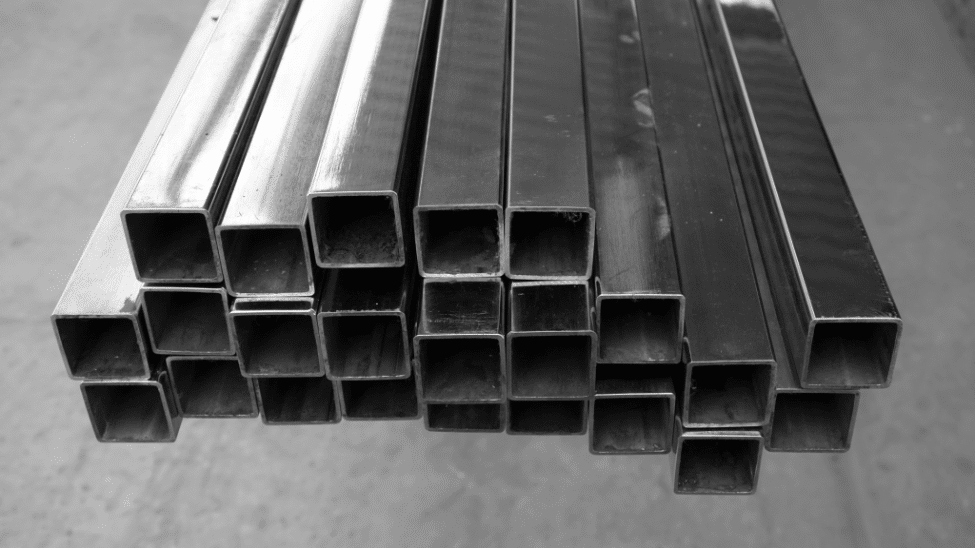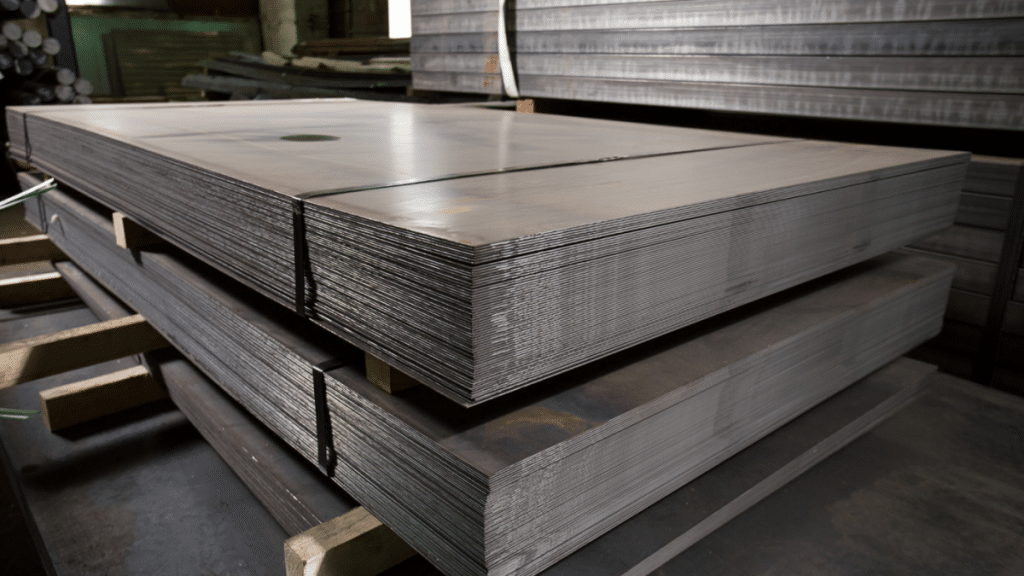In the world of high-performance systems, where efficiency and longevity are paramount, liquid cooling has become the preferred solution for managing heat. Among the materials used for constructing liquid cooling systems, stainless steel stands out as a reliable and durable choice. Its unique properties make it a favorite in industries ranging from data centers to manufacturing and even in gaming PCs.
This article explores why liquid cooling stainless steel components are indispensable and highlights their advantages over other materials.
Understanding Liquid Cooling
Why Liquid Cooling Is Necessary
As modern systems grow more powerful, they generate more heat. Whether it’s high-performance computers, industrial machinery, or renewable energy setups, excessive heat can lead to inefficiency or even system failure. Liquid cooling offers a more effective solution than traditional air cooling, as it dissipates heat faster and more uniformly.
The materials used in liquid cooling systems significantly impact their performance and longevity, and this is where stainless steel shines.
The Properties of Stainless Steel
Strength and Durability
Stainless steel is renowned for its strength, making it ideal for liquid cooling systems that need to withstand high pressure and long-term use. Unlike plastic or aluminum, stainless steel doesn’t warp or degrade easily under extreme conditions, ensuring that the cooling system maintains its integrity.
Corrosion Resistance
One of the main advantages of stainless steel is its great corrosion resistance. In liquid cooling systems, where water or coolant is constantly circulating, materials are exposed to moisture, which can lead to rust or corrosion over time. Liquid cooling stainless steel components resist these effects, making them suitable for both industrial and personal applications.
Thermal Conductivity
Stainless steel has excellent thermal conductivity properties, which enable efficient heat transfer in liquid cooling systems. This property ensures that heat is removed quickly from critical components, preventing overheating and ensuring optimal performance.
Why Durability Matters in Liquid Cooling
Long-Term Cost Efficiency
Investing in durable materials like stainless steel may come with a higher initial cost, but it pays off in the long run. Systems built with liquid cooling stainless steel components require less frequent maintenance and replacement, resulting in lower overall costs.
In industries where downtime can lead to significant financial losses, using durable materials is essential for uninterrupted operations.
Reliability Under Stress
Stainless steel is particularly valuable in environments that demand high performance. For example, data centers running 24/7 require reliable cooling systems to manage the heat generated by thousands of servers. Stainless steel ensures that the system remains functional under continuous use and high-pressure conditions.
Applications of Stainless Steel in Liquid Cooling
Data Centers
Data centers rely heavily on liquid cooling to maintain optimal temperatures. Stainless steel is often used in piping, heat exchangers, and other components because of its ability to handle large volumes of coolant and resist wear and tear over time.
Gaming and High-Performance PCs
In gaming PCs and workstations, liquid cooling is essential for managing heat from overclocked processors and GPUs. Stainless steel not only improves the durability of these systems but also enhances their aesthetic appeal with its sleek and polished finish.
Industrial Machinery
In factories and manufacturing plants, machinery operates under extreme conditions, generating substantial heat. Stainless steel cooling systems are a practical choice for such environments, as they can withstand high temperatures, pressures, and exposure to chemicals.

Advantages Over Other Materials
Stainless Steel vs. Aluminum
While aluminum is lightweight and cost-effective, it lacks the durability and corrosion resistance of stainless steel. Aluminum systems often require additional coatings to prevent corrosion, which can add to maintenance costs over time.
Stainless Steel vs. Plastic
Plastic components are cheaper and lightweight but prone to cracking, warping, and degradation, especially under high temperatures or pressure. Stainless steel offers unmatched strength and a much longer lifespan.
Stainless Steel vs. Copper
Copper is another common material in liquid cooling systems due to its excellent thermal conductivity. However, copper is more expensive and less durable than stainless steel. Copper systems are also more prone to corrosion in the absence of protective coatings.
Sustainability and Environmental Benefits
Recyclability
A very recyclable material, stainless steel is a green option. After its lifecycle in a liquid cooling system, stainless steel can be recycled and repurposed, reducing waste and conserving resources.
Energy Efficiency
Durable systems built with liquid cooling stainless steel components operate more efficiently, reducing energy consumption. This is particularly important in industries like data centers, where energy usage is a significant concern.
Tips for Choosing Stainless Steel Components
Look for High-Quality Grades
Not all stainless steel is the same. Look for components made from high-quality grades, such as 304 or 316 stainless steel, which offer superior corrosion resistance and strength.
Ensure Compatibility
Make sure that the stainless steel components you choose are compatible with your specific cooling system. This includes checking for size, pressure tolerance, and compatibility with your coolant type.
Consider Maintenance Needs
While stainless steel requires minimal maintenance, regular inspections can help ensure that your system remains in top condition. Look for components with easy-to-clean designs to further reduce maintenance efforts.
Conclusion
Durability is a critical factor in liquid cooling systems, and stainless steel excels in every category, from strength and corrosion resistance to thermal conductivity and long-term cost efficiency. Its reliability under stress and suitability for various applications make it the go-to material for industries ranging from data centers to gaming PCs.
Investing in liquid cooling stainless steel components ensures that your system will operate efficiently and reliably for years to come. Whether you’re designing a cooling system for industrial machinery or upgrading a gaming PC, stainless steel offers a durable, sustainable, and cost-effective solution.
